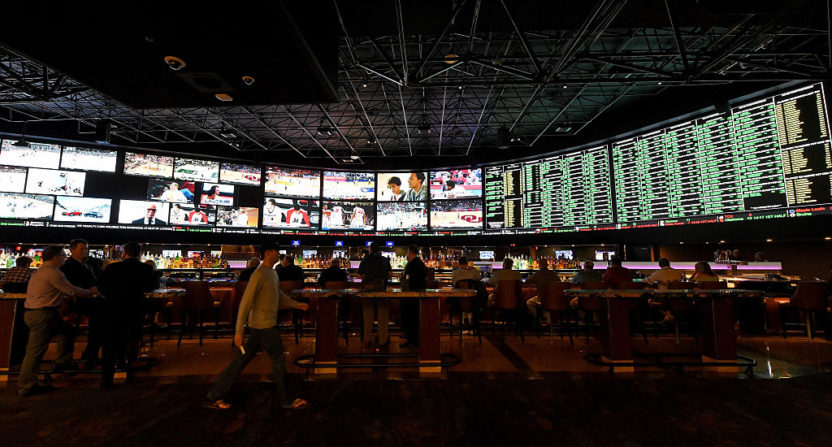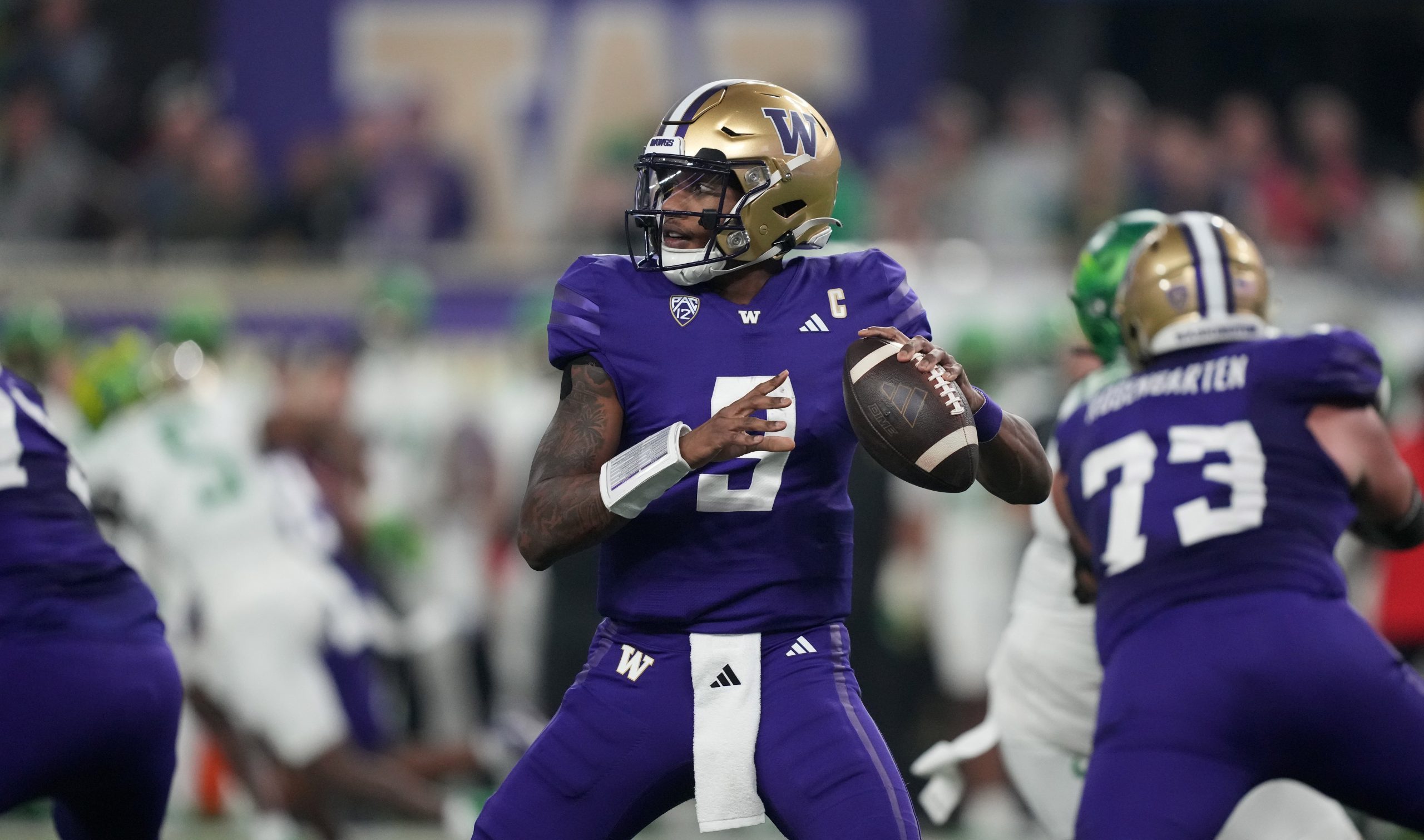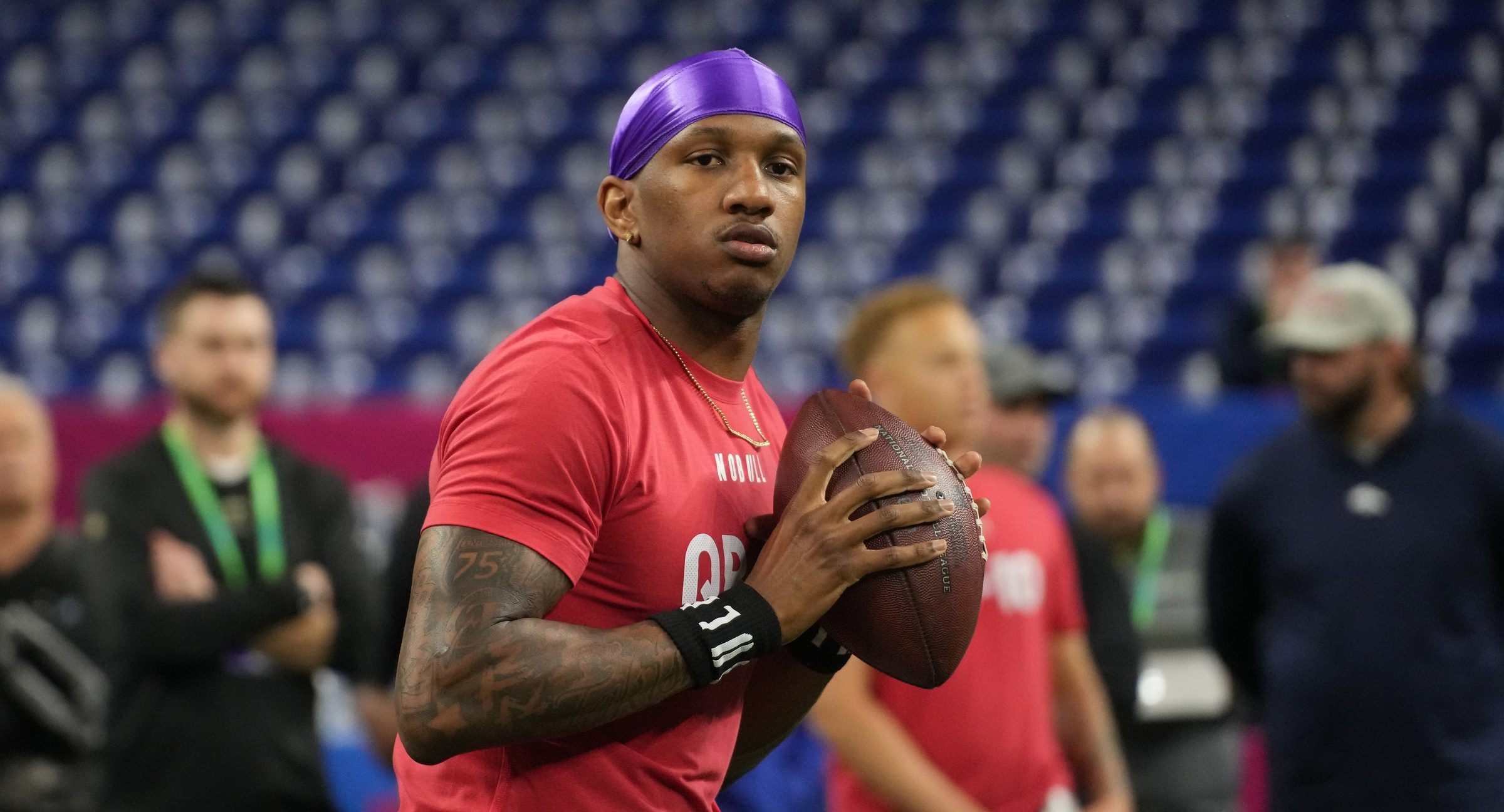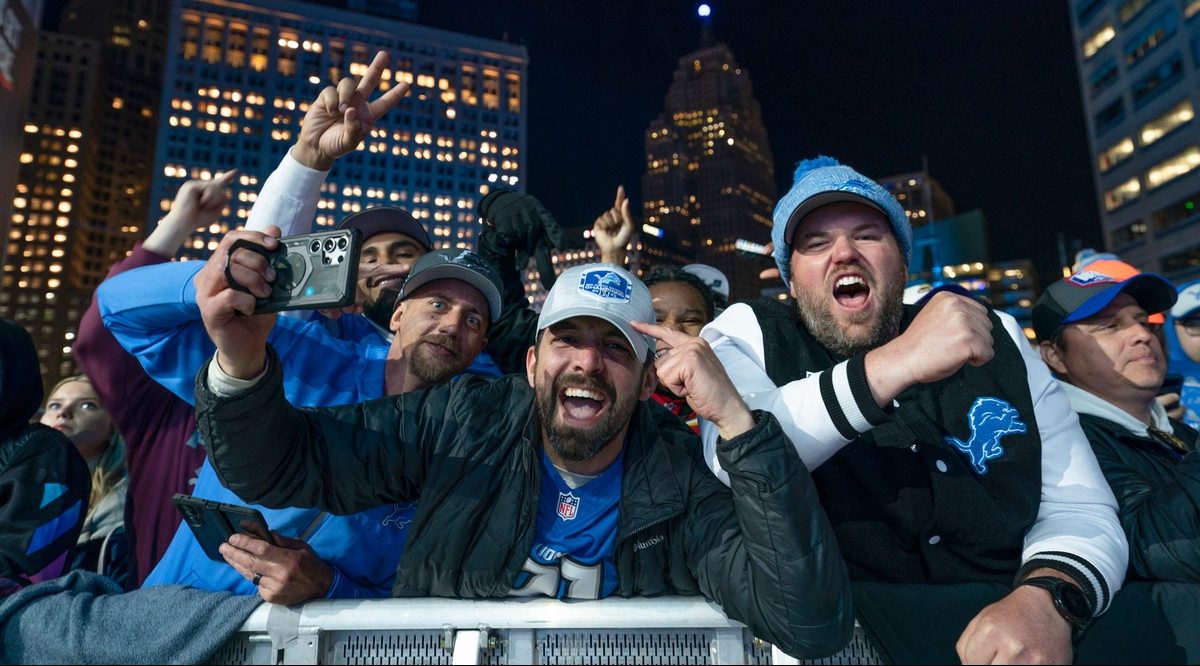The United States Supreme Court will hear arguments today in Christie v. NCAA, a case that could change the face of sports gambling in the United States.
The Christie in question is New Jersey governor Chris Christie, and the NCAA in question is the NCAA. (Amusingly, the government of New Jersey has been lumped in with a similar case brought by the New Jersey Thoroughbred Horseman’s Association. Out of the three named entities involved, the N.J. Thoroughbred Horsemen might somehow be the most upstanding.)
At stake is whether or not New Jersey can offer legal sports betting at casinos and racetracks, which they’ve not been able to do since 1992 federal law was enacted preventing such a practice.
The controversy started in 2011 when New Jersey voters approved a measure to legalize sports betting to help the casino industries in a faltering economy. But the state law was immediately challenged by professional sports leagues and the NCAA, which pointed to a federal law passed in 1992 that bans state sports betting with some exceptions.The law is called the Professional and Amateur Sports Protection Act and it makes it unlawful for a state to “sponsor, operate, advertise, promote, license, or authorize by law” sports wagering. Nevada was exempted from the law and three other states — Montana, Delaware, and Oregon — had already enacted sports lotteries and were allowed to continue to do so. At the time, New Jersey could have allowed sports wagering if it had acted within a year of the law’s effective date, but New Jersey chose not to.
The NBA is looking to be a leader in the space, entering into strategic partnerships, opening the door to major casino sponsorships and seeing a number of owners invest directly into the sports betting industry.
“When it comes to sports gambling, the NBA is Secretariat in the Belmont compared to the other leagues,” said gaming law expert Daniel Wallach, comparing the NBA’s head start to the legendary horse’s 31-length victory in 1973. “The NFL is still in the starters gate. The NBA is preparing for legalized widespread betting on its games and is ahead of the other leagues in positioning themselves to get a piece of the potential action.”
Silver explained the apparent contradiction between the NBA wanting legal sports betting and the NBA’s opposition to the Christie v. NCAA case last week:
Silver prefers changing the federal laws and creating a unified commission that would set rules and oversee sportsbooks instead of a state-by-state approach. That is how sports betting is governed in countries where it’s legal, such as Australia, where limits are placed on certain kinds of bets in order to lower the chance of match fixing.
“It’s not, to me, an issue of whether I’m pro or con sports betting; we know now that it goes on largely underground,” Silver said on ESPN’s Golic and Wingo last week. “If you have 50 states all competing against each other, it could be a bit of a race to the bottom in terms of ultimately how to do the best job of protecting consumers and the integrity of our league.”
Interested parties have been preparing for this for years. One company, William Hill, spent seven figures to build a sportsbook at a racetrack in New Jersey, ready to open for business within days of a favorable ruling.Lawmakers have introduced legislation at the state and federal levels waiting for the kind of push the Supreme Court may be about to give. Media companies have launched ventures ready to cater to a new marketplace. And the NBA and several of its owners have positioned themselves to be at the front of the line to siphon money from new revenue streams.
At the centerpiece of the NBA’s strategic preparation is a partnership it began this fall with Sportradar, a European-based sports data company. Sportradar has a reputation for monitoring and investigating match fixing across the globe. But its primary role is to sell services to the international gaming industry.
This year, Sportradar took over the NBA’s real-time data distribution. Real-time data enables sportsbooks to reliably set odds and take action for the lucrative live-betting market as games take place. If the information is delayed or flawed, it could affect the integrity of the wagering.
It’s a fascinating new world, and one the NBA intends on exploiting to the fullest extent. But that all depends on this Supreme Court ruling. And while arguments are today, it’s going to be a while before we find out where they’re leaning; a decision isn’t expected until spring of 2018.
[ESPN]







